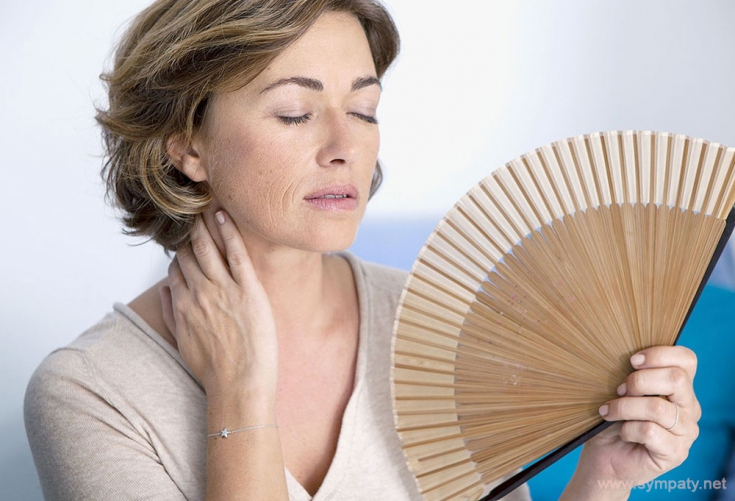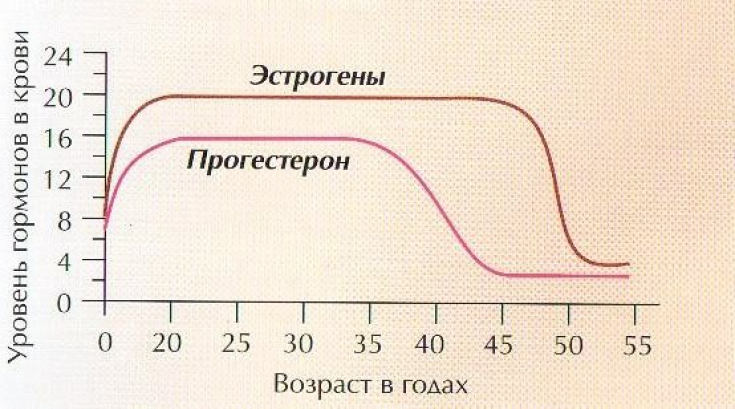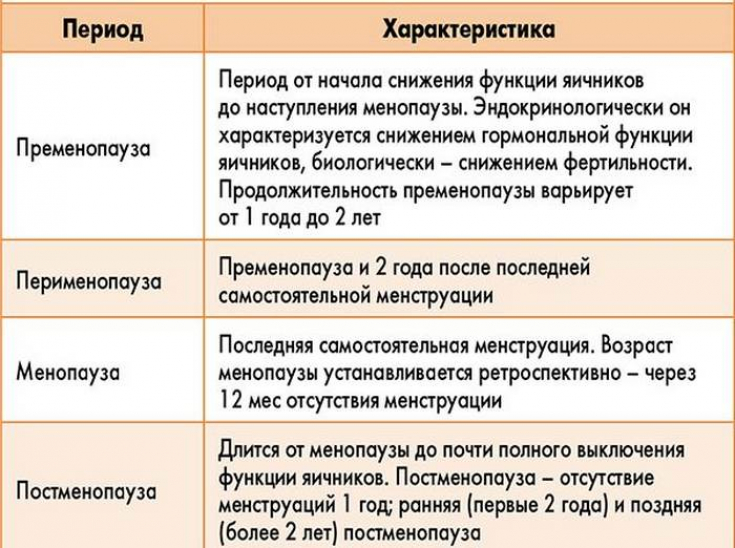Menopausal Hormone Therapy (MHT) is one of the approved treatments for menopausal symptoms by the Ministry of Health. These symptoms caused by lower estrogen levels include hot flashes, sleep disturbances, atrophy of the vaginal mucosa, etc. MHT is also approved for the prevention of osteoporosis in menopausal women.
In the article estet-portal.com you can get detailed information on the effectiveness and risk of taking MHT from gynecologist-endocrinologist of the Department of Endocrine Gynecology of the Institute of Pediatrics, Obstetrics and Gynecology, senior researcher of the Department of Endocrine Gynecology, doctor of higher category, candidate of medical sciences, member of the Association of Obstetricians-Gynecologists, Endocrinologists Olga Efimenko.
What myths about menopausal hormone therapy should be busted
Myth #1: Weight Gain
O.E.: Referring to the International Menopause Society (IMS) 2016 guidelines, it can reasonably be argued that, contrary to popular belief, menopausal therapy is not associated with weight gain body and can even prevent abdominal obesity during menopause.
Body weight control in postmenopausal women is extremely important. Optimization of nutrition, work and rest regimen are paramount measures.
How to assess the relationship between obesity and chronic diseases
Myth #2: risk of breast cancer, endometrial cancer, myocardial infarction, transient ischemic attacks, stroke
According to the 2012 KEEPS: The Kronos Early Estrogen Prevention Study, a randomized early estrogen prevention study sponsored by the North American Menopause Society, there were no statistically significant differences in breast cancer, endometrial cancer, myocardial infarction, transient ischemic attacks, stroke, and venous thromboembolism between intervention and control groups. However, it was noted that the small sample size (584 women) does not allow for definitive conclusions.
Women receiving early menopausal MHT for the treatment of menopausal symptoms can be reassured of the safety of this therapy.
Myth #3: Thromboembolism
The American Heart Association has determined that transdermal estrogens alone or in combination with a progestogen may be safe in relation to the risk of thrombosis.
Follow us on Telegram

Vasomotor symptom management: exercise and diet
O.E.: The 2015 randomized controlled trial by Daley et al. investigated the effectiveness of exercise and found no significant evidence of an effect of physical activity on night sweats and hot flashes.
Physical exercise should not be recommended for women to relieve vasomotor symptoms during menopause.
For nutrition, the Women's Health Initiative Diet Modification Study, which included 17,473 women aged 50 to 79 who were not taking MHT at baseline, introduced dietary modification in the form of reduced intake fats, increased consumption of fruits, vegetables and whole grains.

As a result, 65% of participants reported no vasomotor symptoms, 25% had mild symptoms, 8% — moderate and 2% — heavy. Women who lost weight reported a decrease or disappearance of vasomotor symptoms within 1 year.
Significantly, the reduction in symptoms was much greater with dietary changes than with weight loss.
In women who changed their diet, but gained an average of about 4.5 kg, vasomotor manifestations also decreased.
Weight control and a healthy diet are alternative approaches to hormone therapy for the relief of vasomotor symptoms.

However, even after such a conclusion, it is worth realizing that vasomotor symptoms are not the only manifestation of a dysfunction of the female body during menopause and the gold standard for the correction and stabilization of organs and systems in conditions of insufficiency of female sex hormones is Menopausal Hormone Therapy, the initiation, which should be realized before the age of 60 and with a duration of postmenopause
Thank you for staying with estet-portal.com. Read other interesting articles in the "Gynecology" section. You may be interested in Premature menopause: early old age or a condition requiring correction







Add a comment